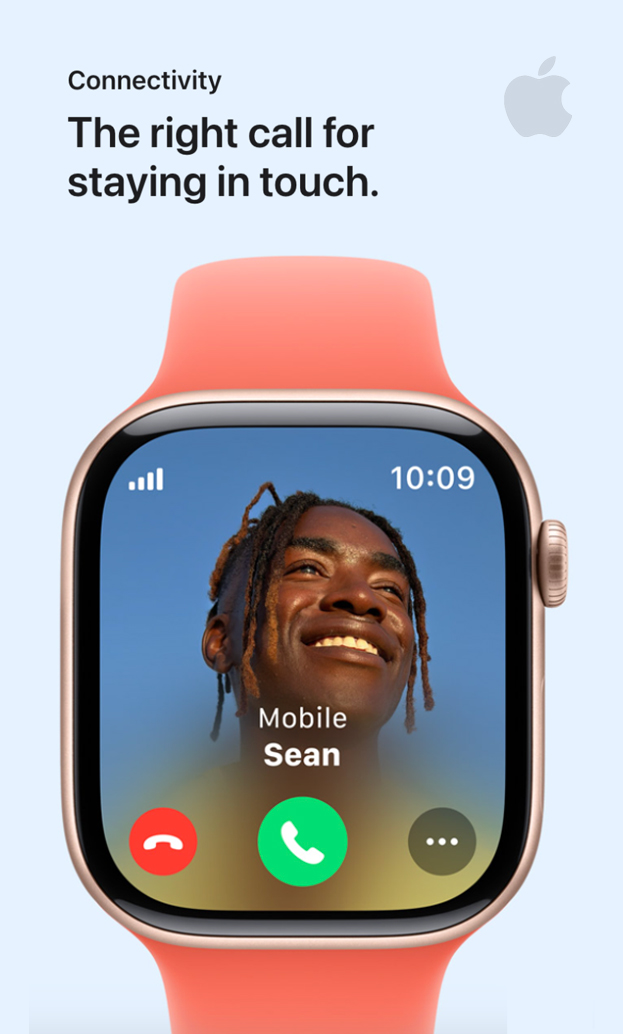Taylor Swift has been subpoenaed in the ongoing legal dispute between actress Blake Lively and director-actor Justin Baldoni, despite having no official involvement in the 2024 film It Ends with Us, which is central to the case.
Swift’s name surfaced in text messages submitted as part of Baldoni’s $400 million defamation countersuit against Lively and her husband Ryan Reynolds. In one message, Baldoni praised Lively’s work on the film, writing, “I really love what you did… I would have felt that way without Ryan and Taylor,” adding a wink emoji.
A spokesperson for Swift clarified that she had no creative input in the film. “Taylor Swift never set foot on the set of this movie. She was not involved in casting, script decisions, editing, or scoring. She only permitted the use of one song, ‘My Tears Ricochet’, among 19 other licensed tracks.” The spokesperson described the subpoena as a tactic to attract attention by leveraging Swift’s name for publicity.
Blake Lively’s representatives also criticized the subpoena, accusing Baldoni’s legal team of turning the matter into tabloid fodder. “This is a very serious legal matter, not a circus,” they said, asserting that the case involves real issues of harassment and retaliation.
Lively first filed a complaint with California’s Civil Rights Department in December, later expanding it into a formal lawsuit. She accused Baldoni of sexual harassment and claimed he orchestrated a media campaign to discredit her during the promotion of It Ends with Us. An amended complaint also referenced other women who allegedly experienced inappropriate behavior on set. Baldoni has denied all accusations.
In response, Baldoni filed a defamation lawsuit in January, not only naming Lively but also including Ryan Reynolds. He alleged Reynolds intervened in the film’s production, rewrote scenes without approval, and mocked him in Deadpool & Wolverine through a parody character called “Nicepool.” Reynolds’ legal team has requested his removal from the case, calling the accusations baseless.
Despite Swift’s minimal connection—limited to song licensing—the subpoena brings her into the public spotlight of a case already filled with personal, professional, and legal drama.
The trial is scheduled to begin in March 2026.










